Women in Leadership Resource Center
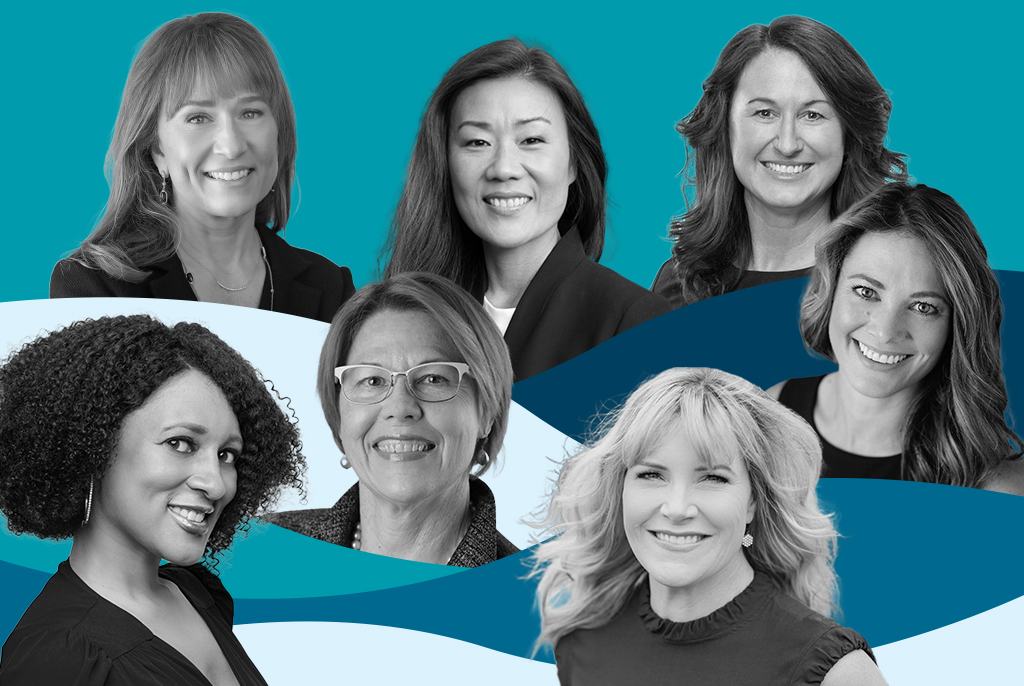
The Vistage Women in Leadership Resource Center provides a collection of resources for member and non-member female CEOs and business owners. Through executive coaching, peer-to-peer discussions, expert speakers, original research, thought leadership and more, Vistage aims to connect female leaders with each other and the greater business community — helping them to leverage these tools to be better leaders, make better decisions and get better results. This resource center will be periodically updated with events and content geared to address topics specific to women in the C-suite.
Contents
- For Vistage members >> Member-only events and forums
- Vistage articles >> Thought leadership from Vistage community
- Inspiration >> Words to inspire female leaders
- Additional resources >> SBA tools, become certified as a women-owned small business
For Vistage Members
Vistage Women in Leadership Network
Passionate about becoming or supporting amazing female leader(s)? Join this exclusive internal forum for Vistage members interested in cultivating a rich community devoted to female business leaders.
Our Women in Leadership Network members offer authentic conversations, generous advice and virtual Meetups as a way of connecting on a variety of trending leadership topics. Broaden your circle of female leaders today!
Here are just a few offerings (password req’d):
Vistage Articles
 Hoping to help fuel Black business growth in Pittsburgh, Vistage Chair Tricia Warrick worked with local leaders and Vistage members to co-found the BEAM Collaborative. Learn more about Tricia and how BEAM helps Black businesses scale and grow. Take a look >>
Hoping to help fuel Black business growth in Pittsburgh, Vistage Chair Tricia Warrick worked with local leaders and Vistage members to co-found the BEAM Collaborative. Learn more about Tricia and how BEAM helps Black businesses scale and grow. Take a look >>
 Learn how Lori Seal, CEO of IT service management firm Blytheco, tackled the challenge of clients poaching her people by creating the STAR Program, an in-house curriculum to train and develop managers and workers. Take a look >>
Learn how Lori Seal, CEO of IT service management firm Blytheco, tackled the challenge of clients poaching her people by creating the STAR Program, an in-house curriculum to train and develop managers and workers. Take a look >>
 From new works to trusted tomes, these books by women leaders and researchers are among the most highly recommended by Vistage small and midsize business community members. Take a look >>
From new works to trusted tomes, these books by women leaders and researchers are among the most highly recommended by Vistage small and midsize business community members. Take a look >>
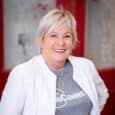 In a new case study from Vistage Perspectives, learn how changing hiring strategies and bringing a code of ethics into her training allowed RealWired CEO Brenda Dohring Hicks to boost sales by 75% in one year. Take a look >>
In a new case study from Vistage Perspectives, learn how changing hiring strategies and bringing a code of ethics into her training allowed RealWired CEO Brenda Dohring Hicks to boost sales by 75% in one year. Take a look >>
 It’s lonely at the top. Discover how Vistage member and Cxstomer CEO Sandy Murphy leveraged the power of her peers through Vistage Networks for support after making a tough call. Take a look >>
It’s lonely at the top. Discover how Vistage member and Cxstomer CEO Sandy Murphy leveraged the power of her peers through Vistage Networks for support after making a tough call. Take a look >>
 Peer groups are a great way for CEOs and key executives to troubleshoot issues, share best practices and receive and offer unbiased feedback. Learn how women use these groups to succeed in the C-suite. Take a look >>
Peer groups are a great way for CEOs and key executives to troubleshoot issues, share best practices and receive and offer unbiased feedback. Learn how women use these groups to succeed in the C-suite. Take a look >>
 Women from all over the globe gathered to share and learn at the 2023 Women in Leadership Vistage National CEO Conference. Check out this event recap with insights from keynotes Randi Zuckerberg, Stephanie Chung and Amyk Hutchens. Take a look >>
Women from all over the globe gathered to share and learn at the 2023 Women in Leadership Vistage National CEO Conference. Check out this event recap with insights from keynotes Randi Zuckerberg, Stephanie Chung and Amyk Hutchens. Take a look >>
 From social services to making apparel for top sports teams, Deb Erickson, owner of The Line Up and Vistage 2023 Lifetime Achievement Award winner, shares her journey and the importance of asking for help. Tune in to A Life of Climb podcast and hear her conversation with Vistage CEO Sam Reese. Take a look >>
From social services to making apparel for top sports teams, Deb Erickson, owner of The Line Up and Vistage 2023 Lifetime Achievement Award winner, shares her journey and the importance of asking for help. Tune in to A Life of Climb podcast and hear her conversation with Vistage CEO Sam Reese. Take a look >>
Inspiration
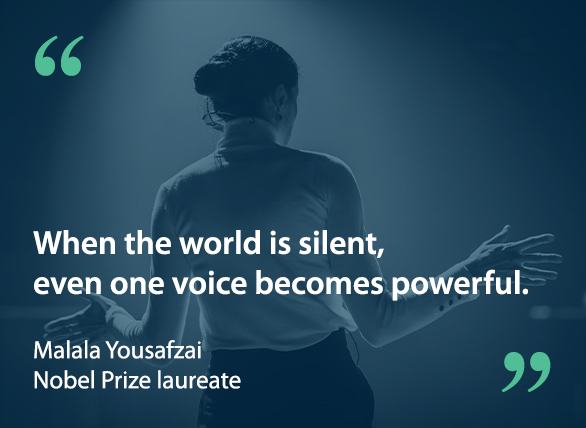
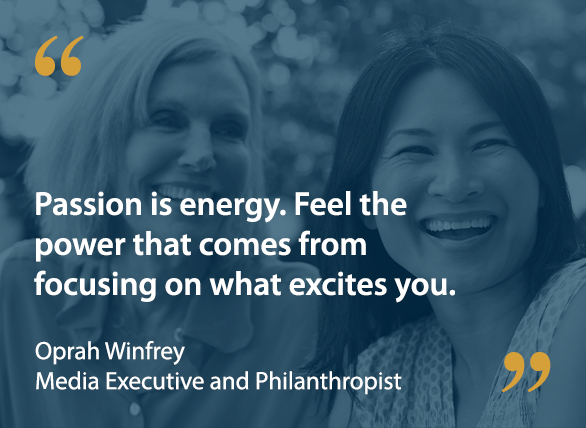
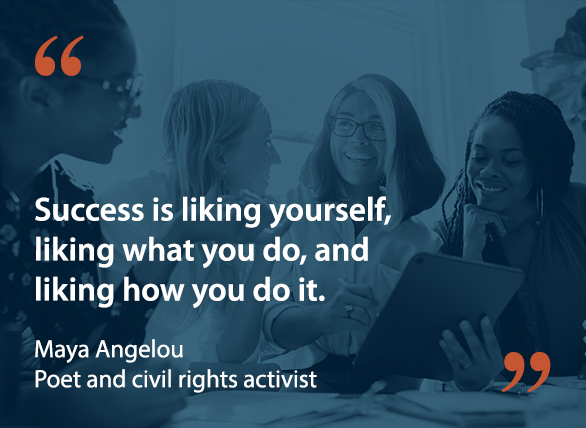
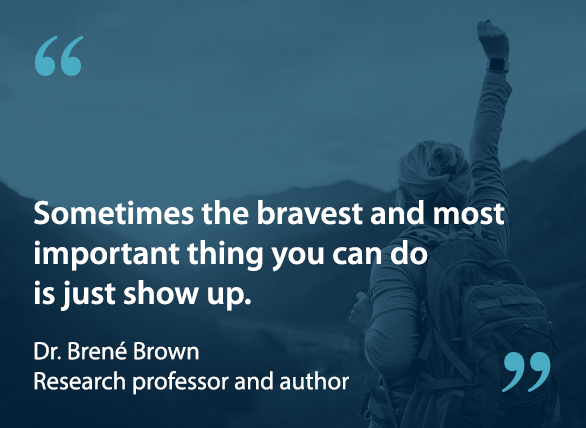
Additional Resources
![]() The U.S. Small Business Administration helps women entrepreneurs launch new businesses and compete in the marketplace. Connect with the training and funding opportunities specifically for women. Take a look >>
The U.S. Small Business Administration helps women entrepreneurs launch new businesses and compete in the marketplace. Connect with the training and funding opportunities specifically for women. Take a look >>
![]() Looking to get certified as a women-owned business? The Women’s Business Enterprise National Council (WBENC) is the largest certifier of women-owned businesses in the U.S. and a leading advocate for women entrepreneurs. Take a look >>
Looking to get certified as a women-owned business? The Women’s Business Enterprise National Council (WBENC) is the largest certifier of women-owned businesses in the U.S. and a leading advocate for women entrepreneurs. Take a look >>
 The Women in the Workplace study conducted by McKinsey & Company in partnership with LeanIn.Org tracks the progress of women in corporate America. Take a look >>
The Women in the Workplace study conducted by McKinsey & Company in partnership with LeanIn.Org tracks the progress of women in corporate America. Take a look >>
![]() Guidant Financial spotlights trends, insights and the accomplishments of women business owners across the U.S. Take a look at the findings and helpful infographics. Take a look >>
Guidant Financial spotlights trends, insights and the accomplishments of women business owners across the U.S. Take a look at the findings and helpful infographics. Take a look >>
![]() ForbesWomen provides a collection of pieces bylined by female contributors and featuring female leaders globally. Take a look >>
ForbesWomen provides a collection of pieces bylined by female contributors and featuring female leaders globally. Take a look >>
 Women Impacting Public Policy is a national nonpartisan organization advocating on behalf of female entrepreneurs. Take a look >>
Women Impacting Public Policy is a national nonpartisan organization advocating on behalf of female entrepreneurs. Take a look >>
Have suggestions?
If you have a resource related to women in leadership you’d like to share, please email publisher@vistage.com.


